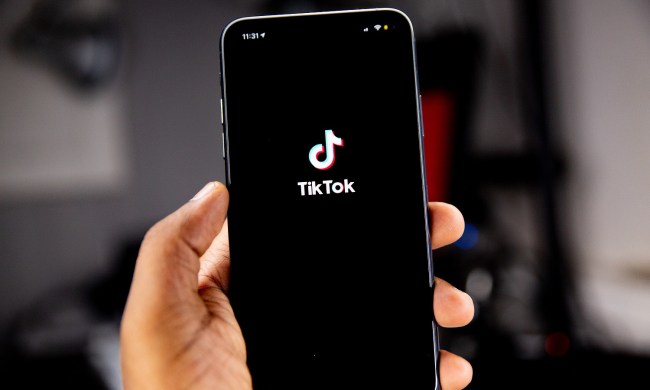The popular dance video app TikTok is under scrutiny after two members of Congress from two different political parties called for an investigation into potential security risks for the China-based app. Late on Wednesday, October 23, Senate Minority Leader and Democrat Charles E. Schumer and Republican Sen. Tom Cotton sent a letter to Director of National Intelligence Joseph Maguire calling for an investigation into TikTok. The letter calls the app’s data practices into question, as well as questioning potential censorship.
According to the Washington Post, the two senators say the app is “a potential counterintelligence threat that we cannot ignore.” The senators worry that the app, which collects user data such as location, will be required to adhere to Chinese law, which could “compel Chinese companies to support and cooperate with intelligence work controlled by the Chinese Communist Party.”
The pair also voiced concerns that the popular app could be upholding China’s strict censorship laws that limit the spread of controversial political topics in the region such as the recent protests in Hong Kong. The senators expressed concern that those censorship laws are being applied even for users in the United States, limiting free speech.
Finally, Schumer and Cotton noted the possibility that TikTok, like other social media platforms, could be used for foreign influence campaigns similar to the misinformation spread on Facebook and Twitter during the 2016 election.
TikTok, which is popular among teenagers, has over 110 million downloads in the U.S. The app is owned by ByteDance, a Chinese company that was named the most valuable startup last year. Leaked moderator guidelines obtained by The Guardian last month tell staff to censor videos about Tiananmen Square, Tibetan independence, and religious group Falun Gong.
China has notably strict censorship laws, with major platforms like Facebook, Twitter, and Instagram blocked in the country. Despite the restrictions, as noted in yesterday’s House committee grilling of Facebook head Mark Zuckerberg, six out of 10 of the biggest internet platforms are now based in China, a list that was a decade ago, dominantly American.
The call to investigate the potential risks with TikTok points to a bigger conversation on regulating platforms that span multiple countries and widely varying laws. Earlier this month, a European court forced Facebook to take down a post worldwide and not just in countries where the defamatory post violated laws.
There’s no word yet on the response to the senators’ request.



